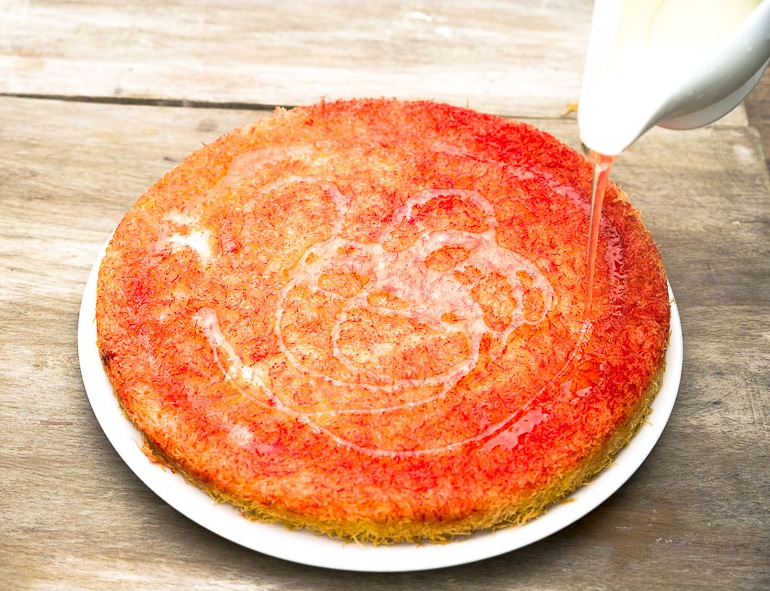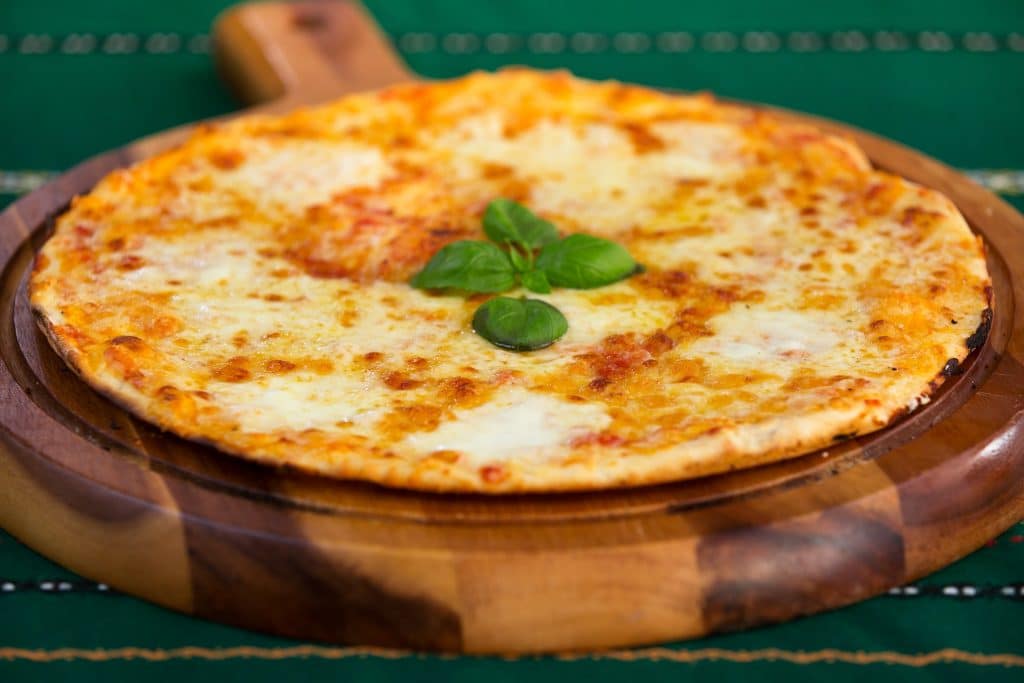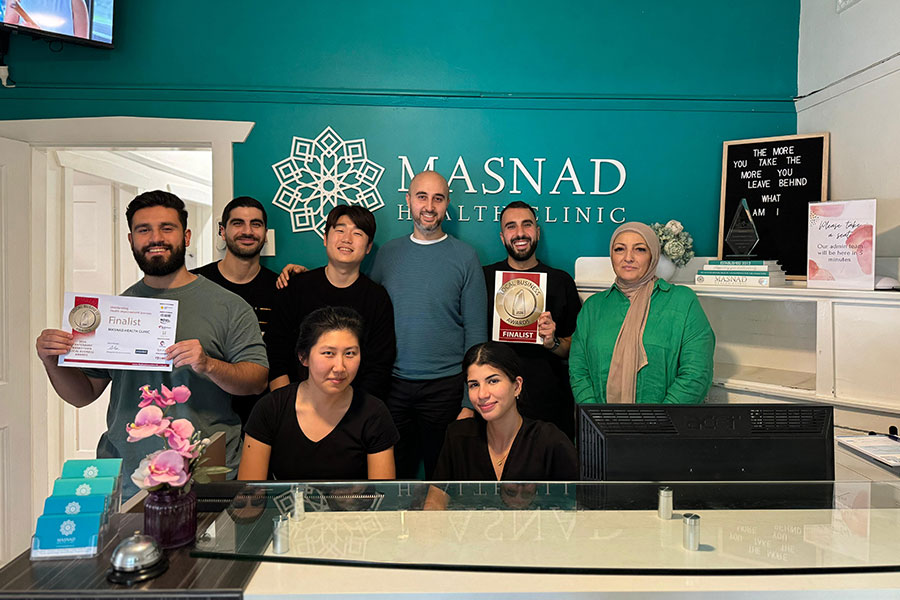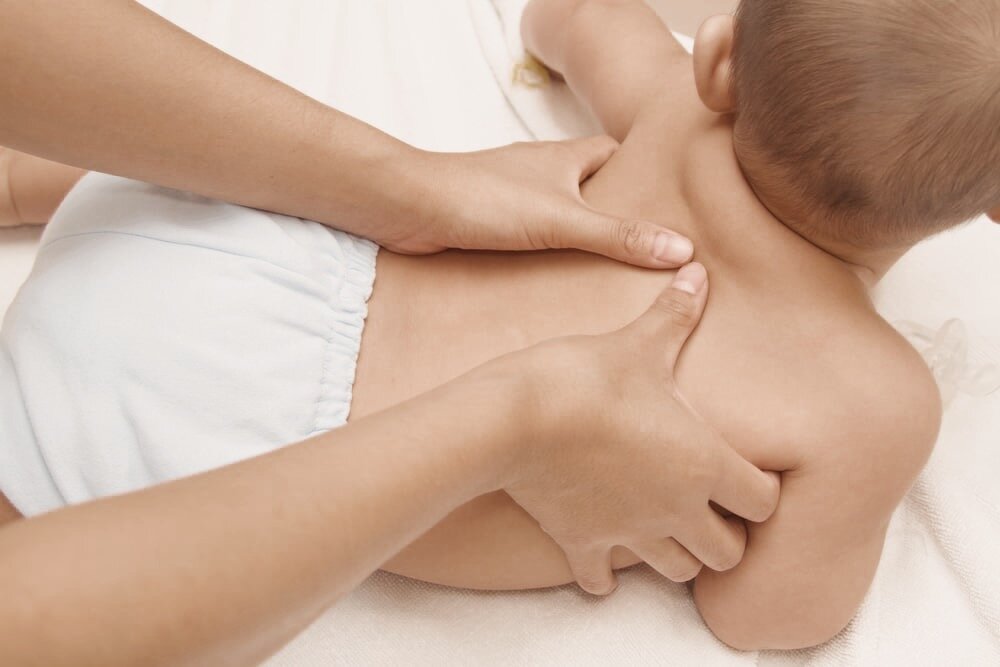The 3 Worst Types of Foods to Eat Before You Start Fasting at Suhoor?
Ramadan is a time of worship, and during the nights, the mosques are filled with believers and our bellies are filled with food. Suhoor or the predawn meal is arguably the most important meal in a fasting person’s day. It allows you to have a source of energy for the upcoming day of fasting and has immense blessings, as the Prophet Muhammad (Peace be upon him) said:
“Eat suhoor, for in suhoor there is blessing.” Narrated by al-Bukhaari, 1923; Muslim, 1095)
So, if you are planning to fast during this blessed month, what are some tips and tricks to help combat, hunger, low energy and dehydration?
What not to eat at suhoor
We have all had those days; barely waking up for suhoor, walking to the kitchen with one eye open and, like a zombie, munching on any food available; whether it’s sugary cereal, those fried pastries, cheesy manakeesh or some syrup covered desserts. We have all made poor choices at suhoor and it is important to know the types of foods we should avoid, ensuring we are full, energised and hydrated throughout the day.
Basically, there are three main types of food that should be avoided:
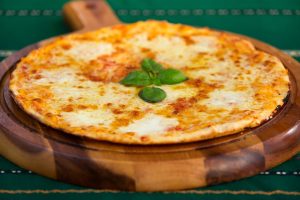
Salty foods
Not only can salt raise your blood pressure, but it can also make you feel very thirsty during the day. Common salty foods that are eaten at suhoor include instant noodles, processed foods such as chips, salty cheeses such as haloumi cheese, and pickles. Try sprinkling less salt over your food and compare brands of packaged foods to see which contain less salt. You can do this by checking the nutrition label for sodium and aiming for 120mg or less per 100g.
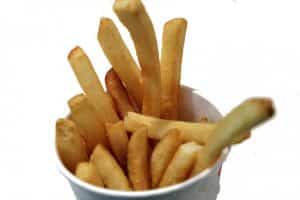
Foods that are high in fat
Fats are essential in our diet however, we are often consuming the wrong types of fats and in very large amounts. Fried foods are very popular at suhoor; from fried pastries to falafel to plain old hot chips. Other foods that are high in fat, commonly eaten at suhoor, are foods with large amounts of cheese, butter and processed meats. These foods cause heart burn, aggravate acid reflux and inflammation and have extremely large amounts of calories, so it is common that people gain weight during Ramadan.
Additionally, avoiding the saturated fats found in animal products such as high fat dairy, processed meats and butter, as well as coconut oil and palm oil (which is found in many processed foods) can also help improve heart health and reduce your risk of high blood lipids and heart disease. As an alternative, try replacing these types of fats with healthier sources of fat in limited amounts. These healthier sources include unsaturated fats such as olive oil and avocado, and your omega 3s and omega 6s from fish and nuts.
Simple Sugars
A common practice during Ramadan is to have sweets such as qatayef or pancakes drenched in syrup for the predawn meal. Although these sweets are loaded with energy i.e. calories, they do not keep you energised throughout the day and often make you feel incredibly lethargic only 1 or 2 hours after suhoor. This is because these foods contain simple sugars which release energy very quickly and over a short period of time. They also rapidly elevate your blood sugar levels causing a large release of insulin which makes you feel tired.
This also means avoiding other foods such as refined cereals like cornflakes, rice bubbles and coco pops as well as refined carbohydrates such as white flour, bread and rice as they also contain simple sugars and are low in fibre, so they are going to make you hungry very quickly.
For a customised diet to suit your body while you fast, book in with our Expert Dietitian by calling us on (02) 9793 8840 or BOOK ONLINE.
